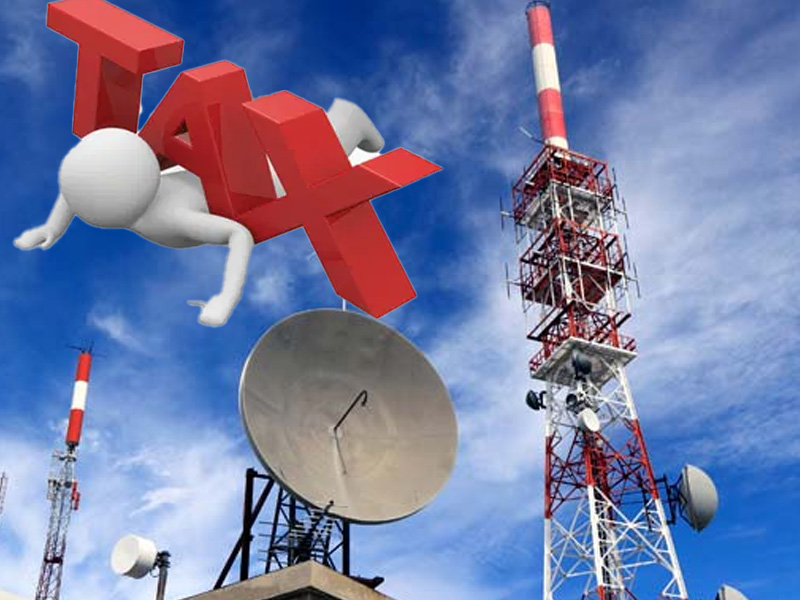The federal government has scrapped the 5 per cent excise duty on telecommunications services, reversing a controversial policy that had drawn widespread criticism from operators and consumers. The move, confirmed by the Nigerian Communications Commission (NCC), is expected to ease cost pressures for more than 171 million active telecom users nationwide.
Executive vice chairman of the NCC, Aminu Maida, said President Bola Tinubu, ordered the removal of the levy during discussions on the Finance Act.
“President Tinubu directed the removal of the 5 per cent excise duty on telecommunications services,” Maida stated.
The excise tax was introduced in 2022 under former President Muhammadu Buhari as part of efforts to expand Nigeria’s non-oil revenue base. It covered both voice and data services, with operators required to remit monthly. Government officials defended the measure as necessary to narrow fiscal deficits.
From inception, however, telecom operators and consumer groups opposed the tax, warning it would push up tariffs in an already high-cost operating environment. The Association of Licensed Telecom Operators of Nigeria (ALTON) argued that the sector faced more than 39 different taxes, in addition to a 7.5 per cent VAT and a 2 per cent annual revenue contribution to the NCC. Operators also cited rising energy bills, particularly diesel costs for powering base stations, and foreign exchange shortages for equipment imports.
Unable to absorb the tax, operators signaled that costs would be passed directly to subscribers, effectively raising the total tax burden on telecom services to about 12.5 per cent. Industry players described the levy as unsustainable and damaging to consumer welfare.
The relief comes months after the NCC approved a 50 per cent tariff increase effective January 2025, following operator requests for as much as a 100 per cent rise. The regulator said the upward adjustment was necessary to balance soaring inflation, energy costs, and forex shortages against consumer protection.
The hike translated into sharp price jumps: MTN’s 1.8GB monthly plan rose from N1,000 to N1,500, while a 20GB plan climbed from N5,500 to N7,500. SMS charges increased from N4 to N6. The average cost of 1GB of data, which had stood at around N287, is now about N431, depending on the plan.
The tariff increases have already strained household budgets. Many subscribers, especially lower-income earners, are cutting back on data usage, sticking to cheaper bundles, or limiting non-essential app activity. For millions of Nigerians, telecom expenses once one of the more predictable monthly costs have become a growing financial pressure point.
With the removal of the 5% excise duty, stakeholders say the government has taken a step toward stabilising the sector, though challenges around rising operational costs, energy shortages, and infrastructure financing remain.





